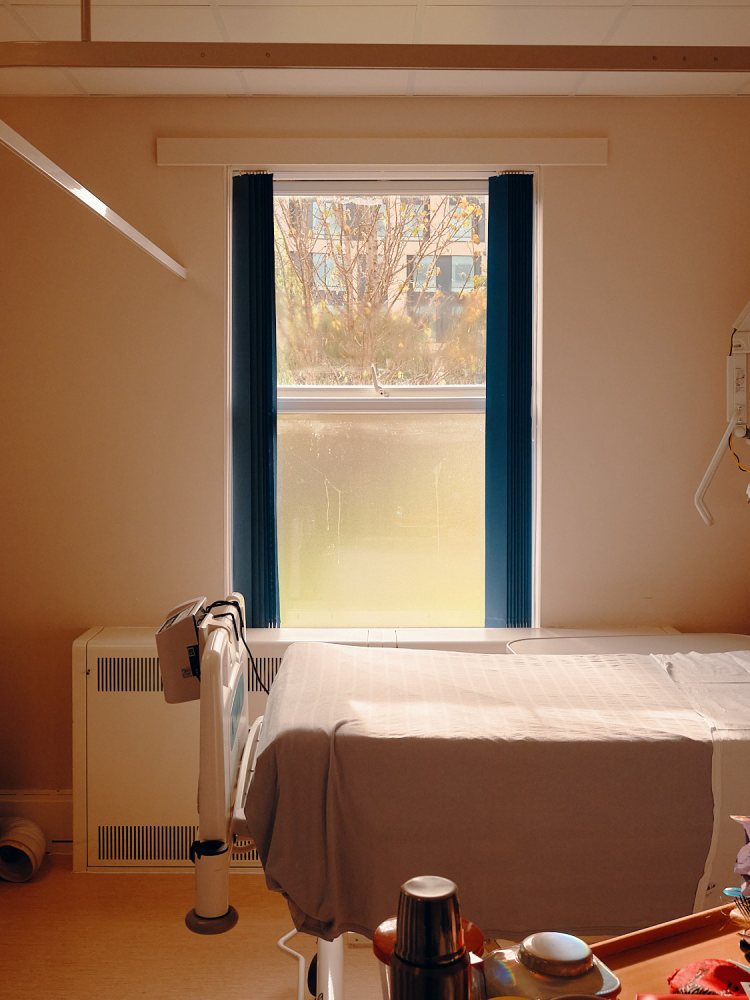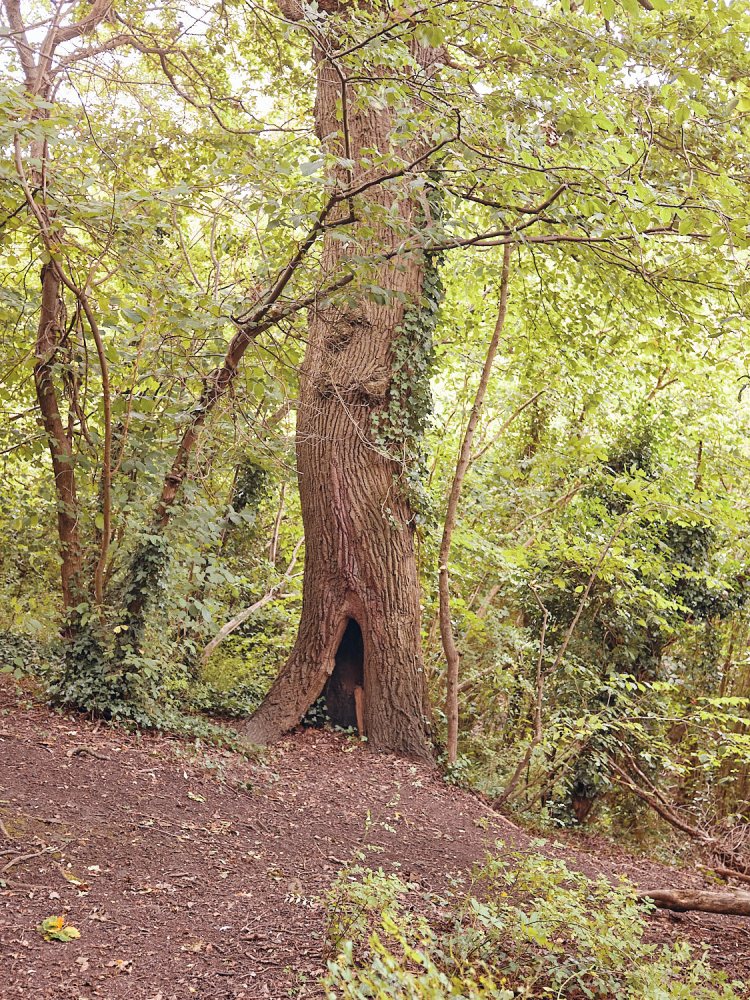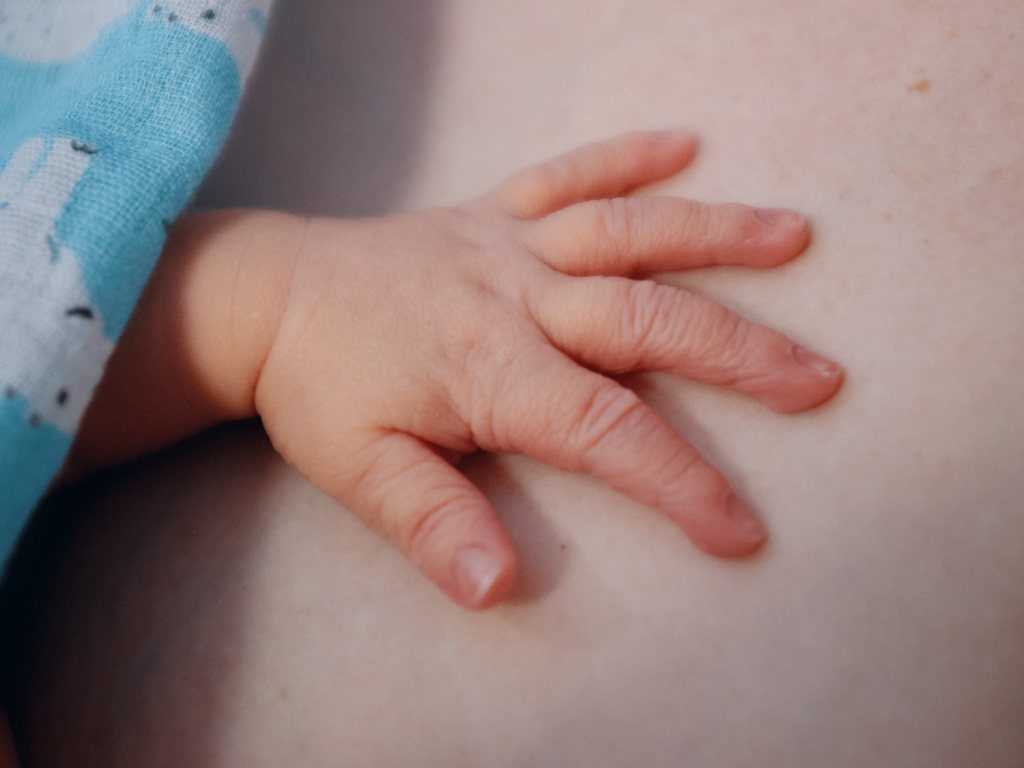A couple of weeks ago I had the nightmare situation of an SD card faliure, and the subsequent worry that all the photos on the card would be lost. Luckily the good news is, after quite a bit of frantic googling and troubleshooting I managed to recover them all. I always make notes of situations like this in case it happens again, but I thought this would be especially useful to turn into blog post, in case they ever find themselves in the same situation.
SD cards have always worried me, they seem so small and fragile, I always think this card that only cost £15 is responsible for every photo I take until I can safely transfer it to my computer.

None of my cameras have twin SD card slots, so that single card is by far and away the weakest link in the chain. Apart from human error – I nearly lost a whole days worth of photos when I left my camera bag a multi story car park in swansea, before driving back home to Bristol. Luckily I was able to get the camera back – full story and photos here.
Most of the photos I take are little things that catch my eye when I am walking the dog – if I lost those photos it would be a pain – but I could go back to retake them, and it wouldn’t be the end of the the world. I mean, I’m sure those abandoned shopping trollies will still be there when I return.

But this time, the photos trapped on the card were ones I took of my wife and our newborn baby in the hospital, just a day after giving birth. As you can imagine these photos had massive sentimental value, and I was a lot more emotionally invested in getting these particular images back.
What was really strange, is it didn’t seem that anything was wrong, at least not catastrophically. The photos were still showing perfectly on the camera itself – so I knew they were still there – it was only when I connected the SD card to my mac that it refused read the card.

I was wondering if connecting the camera to the computer directly would help, but the Fuji X100s has an old obscure usb port (not even micro or even mini USB) so that was a no-go. I tried putting the SD card in a different camera and connecting that directly, but still no joy. Unfortunately this camera was a Sony, so it couldn’t view the images, as they were in Fuji’s own RAW format, so that was unfortunately another dead end.
I was going to have to try and do something directly with the card, after frantically googling the issue, I saw a couple of suggestions to try using the repair tool in Disk Utility. Just opening it up gave me this scary warning.

Unfortunately the repair tool wasn’t able to do anything. But Disk Utility did allow me to create a local back up of the disk image, which gave me the peace of mind that I have the raw data saved, even if accidentally delete or do something to exaccerbate the issue with the SD card.
A lot of the information I found while googling wasn’t especially helpful, there were a lot of the same old steps, and a lot of advice to format the card, which is the absolute last thing you want to do, as then the data is well and truly gone.
This reddit thread has a couple of great suggestions. DiskDrill looked the most user friendly, but cost nearly £90, so I thought I’ll keep that in my back pocket as a last resort.
Luckily there is an open source alternative called PhotoRec, the only downside is it has no GUI, it’s a text interface only. It looks a pretty intimidating at first – as someone who only occasionally ever runs any commands in terminal I was apprehensive – but fortunately it is pretty intuitive, you can navigate with the arrow keys, and after a few false starts I was able to access the sd card, and successfully export all of the photos.

There were a few stumbling blocks, where I wasn’t sure on file systems being used, but after some more googling and trial and error I managed to get there.
It takes 2 passes, with the second one taking quite a bit longer. Just make sure to confirm the exact location where you would like the files to be exported once the app has recovered them.

I was a little bit worried about compatibility, on their site, it looks like they only officially support intel Macs, but I ran this on my M1 macbook air and it worked perfectly, I think through rosetta 2 running in the background.
Many thanks to PhotoRec, and to the people who recommended it on reddit – it was an absolute life saver at a time when I was already feeling tired and emotional, and I thought I was in a real pickle. I’m hoping I will never need to use it in the future, but I’m glad it exists if I do.

As soon as those images were recovered, I added the SD card to my ‘never use again’ pile, and backed everything up with time machine. I don’t know why, but after going through all of that, I had a vision I would accidentally knock a cup of coffee over my computer, and it would have all been for nothing.

